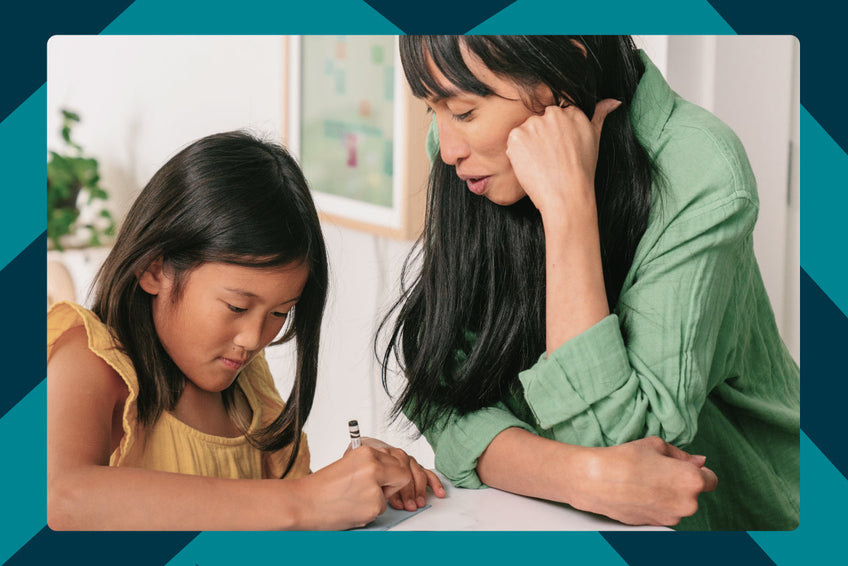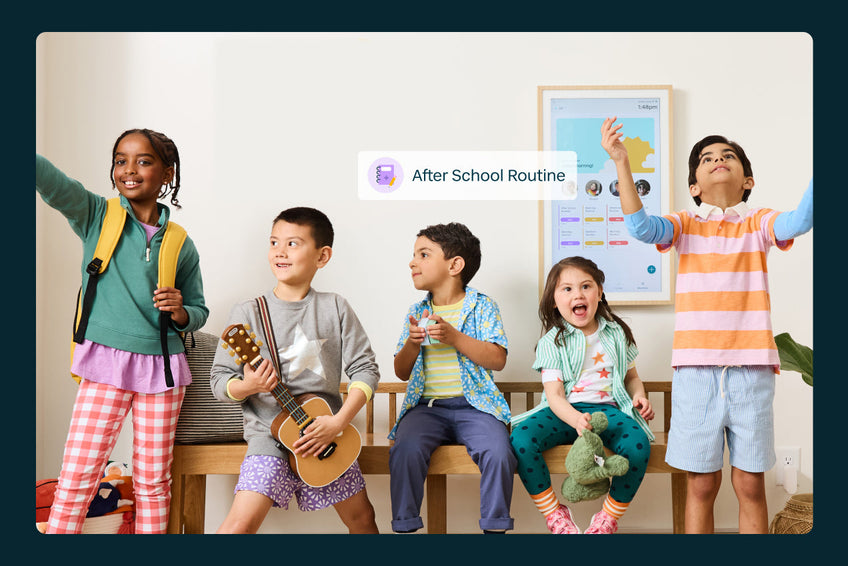School is out for summer (cue the cheers) and many are planning for the warmer months ahead—maybe you have a big trip coming up or ample pool time in the works? But before your kids stow away those notebooks and pencils for the next few months, we want to take a second to talk about the concept known as summer learning loss.
What is Summer Learning Loss?
According to recent studies, it is the term used to describe the loss of approximately 30 percent of the school year’s academic gains—typically in reading and mathematics—over the summer. It is often referred to as the summer setback or summer slide.We know the last thing kids want to think about in the summer is studying, but we talked with SFUSD third-grade teacher Meredith Charpantier to get the scoop on why it’s important to keep a consistent educational routine that fits your family’s needs while simultaneously embracing rest—and how it actually can feel fun in the process.
How to Combat Summer Learning Loss
Keep in Mind Learning Looks Different
It’s important to treat the child as an individual and adapt to their specific needs during this time. “There is a wide range of the impact of ‘learning loss’ which varies based on child and family circumstances,” Charpantier says. It’s also key to understand that learning during these few months might look a little different and to embrace that. “Summer vacation is a break for a reason. Rest is an important part of growth but students should continue learning by engaging in any enjoyable, creative, challenging activities—sandcastles, puzzles, books, being outdoors, physical activities, sports, games, and even boredom has value,” she says.
“Parents should not discount the impact of a six-hour school day—but should not attempt to replicate this at home nor should they feel that summers off are wasteful or a dangerous degradation in learning gains,” she says. “Declines in skills after a long break are expected, normal, accounted for and not significantly detrimental in the long run.”
Add Studies Into The Everyday
“If maintaining reading and math levels are a family concern, practice these things together—build math and reading into daily activities,” she shares. It doesn’t need to feel rigid. “Use analog clocks, cook together, read recipes, and calculate amounts,” she says. This can be as simple as planning out what to make for dinner together and having your child jump in on measuring or taking a trip to the grocery store and having your kid help with tallying up the totals and change.
Track Screen Time For Everyone
“Use boredom as a motivator to find new forms of entertainment,” Charpantier says. “This means screen time limitations for everyone in the house. Kids shouldn’t be the only ones with restrictions. They will follow adult modeling on screen usage.” So if you’re going to use screens, make sure your family is in agreement on the amount of usage and set those reminders accordingly.
Read, Read, Read
Push kids towards books, graphic novels, and comics as a choice activity,” she shares. “If possible, go to the library or access the library materials digitally. As parents, if you continue to read aloud to your child and in tandem with your child, you will not see the same kinds of loss.” Plus, most public libraries have a wealth of resources and happenings planned for families over the summer, so check out your local branch and place these events on your calendar.
Ready to make the most out of your summer? Hearth Display is here to help keep you on top of your summer learning goals. Utilize Hearth’s features like to-dos for those daily reading activities, calendar reminders for upcoming library events, or add educational steps in your child’s routine.




